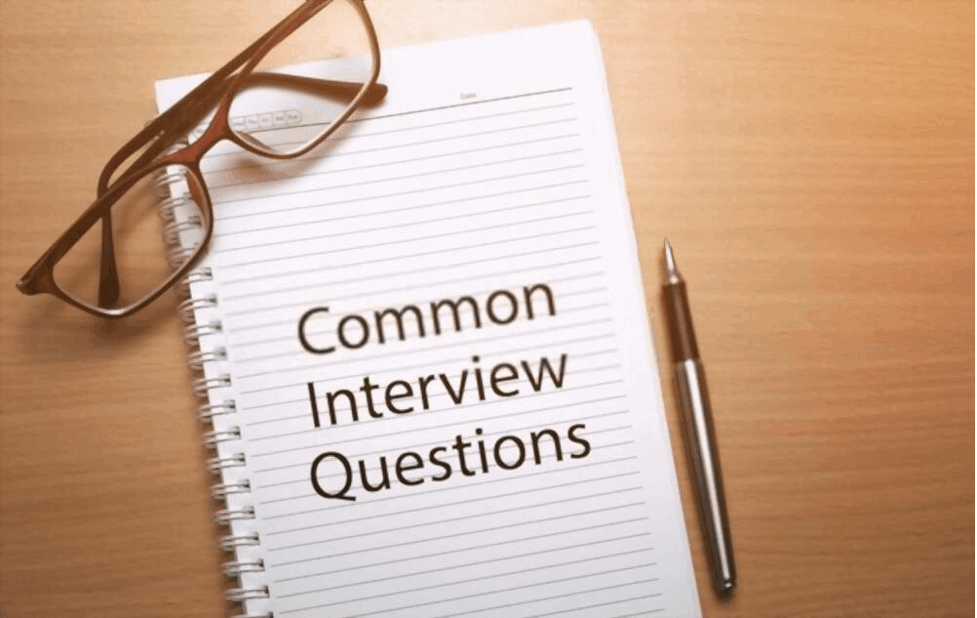The interview section is a hiring stage that scares even the most experienced job candidates. There are no limits to the type of questions recruiters can ask you during the interview process. However, research has shown that some questions are almost inevitable, so you need to master how to answer them as a job seeker.
Here are tips for answering common but tricky interview questions.
1. Tell me about yourself
This is the most common question most recruiters usually ask during any interview session. It sounds so basic, but sadly many interviewees struggle to answer it correctly. You may be tempted to focus on you as the subject, but in truth, nobody cares about you. In reality, what they are asking is who you are and what makes you an ideal candidate for the role. You are, to sum up, your background skills, present and past experiences. Share how your qualification can make you work well in that aspiring role. Dwell richly on how your skill can fit into the job positions. Although you don’t have to brag about yourself, yet you have to ooze confidence and convince them you are up to the task.
2. What value can you add to the company?
This question directly asks you to showcase the experience and expertise you can bring in and utilize to move the company into an enviable position. You need to tactically bring into play how your skill had helped salvage a bad situation in the past, which could have escalated into trouble. You have to see the question as an ample opportunity to sell yourself. Mind you; you have to maintain a balance between overhyping or underrating yourself.

This will work very well if you have done your homework by thoroughly researching the company, checking its core values, vision, and mission. Having the foreknowledge of this will enable you to tailor your strength and present yourself as the best match for the post. Consequently, prove to them how the innovations you are bringing in will move the company forward.
3. How do you handle stress?
In answering this type of question, do not make the mistake of proving to be superhuman by making the statement “I never get stressed,” or I am always motivated to work harder under stress. Employers are human too and know that there is no job that will be 100% free from stress. Your best way to answer this question is for you to be sincere in your response. First, working on multiple tasks continuously may cause stress to set in. You should display how well your self-confidence and self-awareness, in addition to your skills, can build up your resilience and ability to handle a stressful situation while still maintaining your productivity. Recollect and share with the interviewers how you handle a very stressful situation in your past workplace or position.
4. How have you demonstrated leadership qualities?
Regarding this question, you are expected to give a real-life scenario of how to deal with a situation, especially when the baton falls on you to be at the forefront. You will do well by citing, for instance, a project you undertook during your undergraduate days while at college out of university. Explain how you handled an uncooperating project mate during a group project. You may bear witness that some classmates will not contribute anything – be it knowledge or finance. However, in the end, you still have the same score since you are submitting the project as a group. Demonstrate how you were able to motivate and persuade your teammate to work tirelessly and selflessly for the project’s success.
Explain the tactics you used to get the seemingly unserious classmate to get involved. For instance, by buying them their favorite snack after each task completed on the project. You can read more about the S-T-A-R tool.
5. What motivated your decision to desire working here?
Do thorough research about the core values, what the company holds in high esteem and stands for. This will help you blend your strength with their organization’s goal; thereby, you will be seen as the best prospective employee who will pursue their goals and vision passionately.
6. Where do you see yourself in the next 5 years?
The hiring manager may pose this question to you. It is expected of you not to be stagnant but to be growing progressively in your career. You are to tell the hiring manager your passion for learning and developing yourself career-wise. This may be achieved by attending seminars and workshops related to your role. For many, you might want to start your own company in five years. Even if this sounds like a good answer, don’t mention it. Try to connect your answer to something that will drive the company towards achieving its objectives.

7. How would you react when your boss asks you to do something unethical?
Be sure you get right what the boss is asking you to do. In real life, you can ask your boss, “Are you asking me to lie to a customer or do you want me to lower the production quality? “This is to be double sure you get right what the boss is asking you to do.
Having ruled out any doubt regarding the boss’s request, try and be polite as much as you can. Offer a more ethical way or alternative to handle the situation which will still give the same or better result.
Educate your boss about the consequences of the action and how it goes against the company’s policy. This may cause a drawback in his action; he might reconsider his unethical request.
8. If you had 500 unread emails, which would you choose to answer first?
Your best approach may be to filter the emails to see those not relevant. Remember, not all of the emails will be relevant at the moment. Check the subject of the email to see the urgency of the email. Take your time and flag them based on how important they are. Of course, you must consider checking mails from your boss, clients, and customers first. Some of the emails may simply require a few words to reply to.
9. What is your biggest weakness?
You most likely want to hide your flaws or shortcomings when asked to discuss them, but in an interview situation, try and structure your answer in such a way to give a positive outlook. Do not take a self-devaluating approach in answering this question. Rather admit your weakness and show them the steps you have taken to correct it. For instance, if you have a problem learning new skills, easily tell the hiring manager about a course you have taken to improve your skill acquisition rate.
10. What makes you think you will succeed in this job?
The question is tricky, but what the interviewer expects of you is to match your strengths to the qualities you need to succeed. They may also want to see your level of optimism. Show them how you have held a similar position and how you managed to succeed against the odds.
Conclusion
Being invited for an interview is a step closer to landing the job, and you can’t afford to blow it. Mastering how to answer these will boost your confidence and put you at an advantage in winning the job. If you have an interview coming up and you’d like to more prep questions, our friends at Fuzu have their list of common interview questions you should be ready to answer in 2023.
But remember there is no interview without an HR-standard CV. This is where Refeventify comes in. Join us today to gain access to high-quality CVs that make your job application outstanding.




